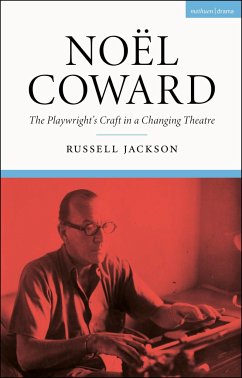
The Title
Versandkostenfrei!
Versandfertig in 1-2 Wochen
17,99 €
inkl. MwSt.
Weitere Ausgaben:

PAYBACK Punkte
9 °P sammeln!
Arnold Bennett (1867-1931) was a British writer. He went to work for his father but was unhappy working for his father and earning very little money. The theme of parental miserliness occurs in his works. At 21 he went to London to clerk for a solicitor. He then began working for a magazine called Women. When he noticed the poor material being submitted he began writing a serial for the periodical. The Title is a three-act comedy. The scene is a sitting-room in the well-furnished West End home of the Culvers.













